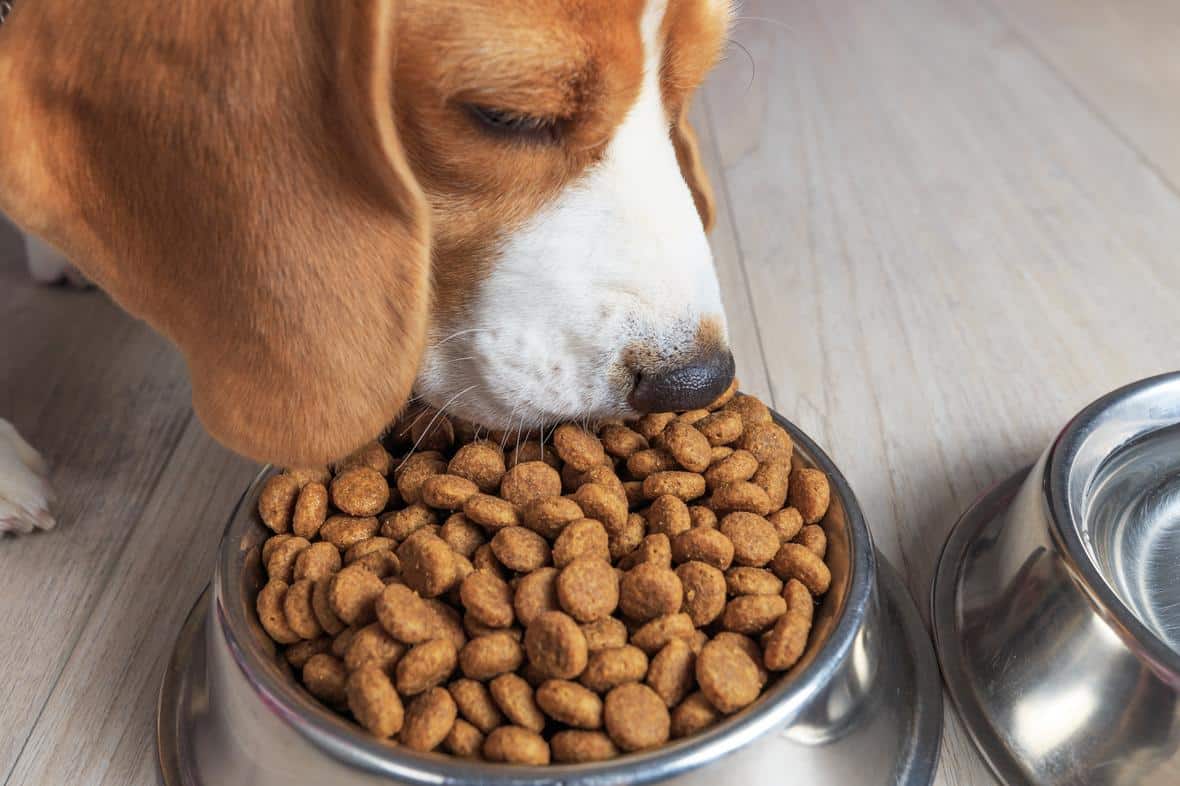Carapeastra Insights
Your go-to source for news and information on a variety of topics.
Pet Food Secrets Your Furry Friend Wishes You Knew
Uncover the shocking pet food secrets that could transform your furry friend's health and happiness! Don't let them miss out!
The Truth About Ingredients: What to Look for in Pet Food
When it comes to choosing the right pet food, the truth about ingredients is often buried beneath flashy marketing and misleading labels. Pet owners should start by checking the ingredient list, which is typically ordered by weight. Look for high-quality protein sources at the top, such as chicken, beef, or fish, as these are essential for your pet's health. Additionally, beware of vague terms like 'meat by-products' or 'animal digest' which can signal lower-quality ingredients. Ensure the food contains a balance of nutrients, like carbohydrates from whole grains or vegetables and healthy fats, to support overall well-being.
Another critical aspect to consider is the presence of preservatives and additives. While some preservatives are natural, such as tocopherols (vitamin E), others like BHT, BHA, and ethoxyquin can be harmful. Always opt for pet foods with minimal artificial ingredients, and look for those that use natural flavorings and colorings. Reading pet food labels carefully equips owners with the knowledge to make informed choices that prioritize the health of their pets. Educating oneself about **what to look for in pet food** can lead to happier, healthier furry companions.

Homemade vs. Store-Bought: Which is Best for Your Pet?
When it comes to pet nutrition, the debate between homemade and store-bought pet food is a common topic among pet owners. Homemade pet food allows you to control the ingredients, ensuring that your furry friend is getting high-quality, fresh components tailored to their specific dietary needs. This can be especially beneficial for pets with allergies or sensitivities, as you can eliminate harmful additives and fillers often found in commercial products. However, crafting a balanced diet at home requires careful planning and knowledge of animal nutrition to avoid deficiencies.
On the other hand, store-bought pet food offers convenience and often has undergone rigorous testing to ensure it meets nutritional standards. Most reputable brands have dedicated nutritionists who formulate their products, providing a balanced diet for pets without the need for extensive meal prep from owners. That said, not all store-bought options are created equal. It’s important to read labels and choose high-quality brands that use wholesome ingredients rather than fillers. Ultimately, the decision between homemade and store-bought food depends on your pet's unique needs, your budget, and your willingness to invest time in meal preparation.
Are You Overfeeding Your Pet? Signs and Solutions
Excessive feeding can lead to numerous health issues for our beloved pets, yet many owners unknowingly fall into this trap. Signs of overfeeding include noticeable weight gain, decreased energy levels, and reluctance to engage in physical activities. You might also observe your pet exhibiting signs of discomfort after meals, such as lethargy or vomiting. If your pet seems constantly hungry, it could be a sign that their dietary needs aren't being met, but it's essential to distinguish between genuine hunger and the effects of overfeeding.
To tackle the issue, start by consulting with your veterinarian to determine the appropriate serving sizes for your pet's breed, age, and activity level. Implementing a structured feeding schedule can also help regulate their food intake. Additionally, consider replacing some of their regular meals with healthy treats and ensure they receive ample exercise to maintain a healthy weight. By making these adjustments, you can effectively combat overfeeding and promote your pet's overall health and happiness.